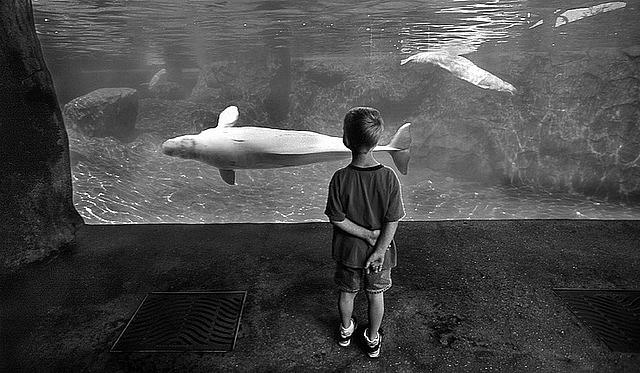Psychological abuse is even harder on kids than we thought

Childhood abuse, neglect and toxic stress are hot topics these days in early childhood circles. Even so, new research suggests there’s a category of childhood trauma that is not only vastly underappreciated, but also far more dangerous than previously noted.
That category? Psychological abuse.
That’s according to a new study released by the American Psychological Association that found that the mental health effects of psychological abuse tend to match or even exceed those of physical and sexual abuse. And when children suffered psychological abuse along with physical or sexual abuse, the effects were far worse than either of the latter two acting alone.
The new research complements a growing body of research that has illuminated the dramatic ways in which childhood adversity, neglect and toxic stress can hinder brain development and lead to a lifetime of poorer health. And the study suggests that mental health professionals and social service workers may not be doing enough to recognize and intervene in such cases of emotional abuse.
For the new study, Joseph Spinazzola of The Trauma Center at Justice Resource Institute in Brookline, Massachusetts teamed with colleagues from prominent medical schools around the country to analyze data from over 5,600 children who had suffered one or more types of abuse: emotional abuse and neglect, physical abuse and sexual abuse.
By drawing on a large national data set made up of youth who were referred to trauma treatment services, researchers were able to measure and compare mental health problems associated with different forms of abuse. Their findings will surprise many:
Psychologically maltreated youth exhibited equivalent or greater baseline levels of behavioral problems, symptoms and disorders compared with physically or sexually abused youth on most indicators.
Compared with physically abused kids, children who suffered psychological abuse were more likely to have behavioral problems at home, attachment problems, depression and anxiety and stress disorders. Compared with sexually abused kids, the emotionally abused youth scored higher on two-thirds of the 27 mental health and behavior indicators the study examined.
It was only when researchers looked at kids who had endured both physical and sexual abuse that they saw similar odds of behavioral problems and psychological disorders as seen in the kids who’d been psychologically abused. (Psychological abuse can take myriad forms, but a few common forms are acts by caregivers that belittle, demean, bully, withhold affection from, exploit or isolate a child.)
Similarly, rates of post-traumatic stress disorder were as high in the emotionally abused kids as they were in the sexual and physical abuse groups.
That’s concerning since, as the study notes, the Diagnostic and Statistical Manual of Mental Disorders doesn’t even recognize psychological maltreatment as one of the stressors leading to PTSD. That means clinicians might miss diagnosing and treating PTSD in such kids, based on the DSM’s guidelines.
The study found that psychological maltreatment was the strongest predictor of problems such as anxiety disorders, depression and attachment problems, and it was also “the strongest predictor of substance abuse.” Substance abuse is a common coping mechanism, but it’ll no doubt come as a surprise to some that psychological abuse would trump sexual and physical abuse in this category.
A 2012 report from the American Academy of Pediatrics starts by pointing out the under-acknowledged nature of a widespread problem:
Psychological or emotional maltreatment of children and adolescents may be the most challenging and prevalent form of child abuse and neglect, but until recently, it has received relatively little attention.
Spinazzola, the study’s lead-author, calls for efforts to boost awareness of emotional abuse:
Child protective service case workers may have a harder time recognizing and substantiating emotional neglect and abuse because there are no physical wounds. Also, psychological abuse isn’t considered a serious social taboo like physical and sexual child abuse. We need public awareness initiatives to help people understand just how harmful psychological maltreatment is for children and adolescents.
While gut-wrenching stories of physical or sexual abuse tend to dominate headlines and provide steady plotline fodder for “Law and Order”-style procedural dramas, the emotional abuse kids accumulate over time is harder to see and depict. And it doesn’t often generate the same level of moral outrage in our collective consciousness.
Consciousness-raising aside, the report’s specific policy recommendations focus on giving higher priority to psychological abuse in the training of mental health, social service and child welfare workers. But the authors also say providers need better tools for spotting such abuse, as well as more targeted interventions to help young victims recover from its effects.
Spinazzola’s team says that while the childhood trauma treatment centers from which the study drew its data offer more than three dozen different treatments for child trauma, few directly address emotional abuse.
With what we’re beginning to learn about the lingering effects of psychological abuse in childhood, that’s overdue for a change.
Photo by U.S. Army via Flickr.

